When David Bowie flung an ambisexual arm around Mick Ronson on Top Of The Pops in 1972, a nation of teenagers swooned whilst instantly reaching for the orange hair dye, blue eye shadow and platform boots.
I know because I was one of them.
This was our generation’s introduction to sex and drugs and rock ‘n’ roll. And I became an instant conscript to this army of modern lovers.
The realisation that pop music could change the world was a very potent one for our generation to believe.
Now at a time of growing political and social unrest, I wonder whether today’s kids look to music in the same way as previous generations did.
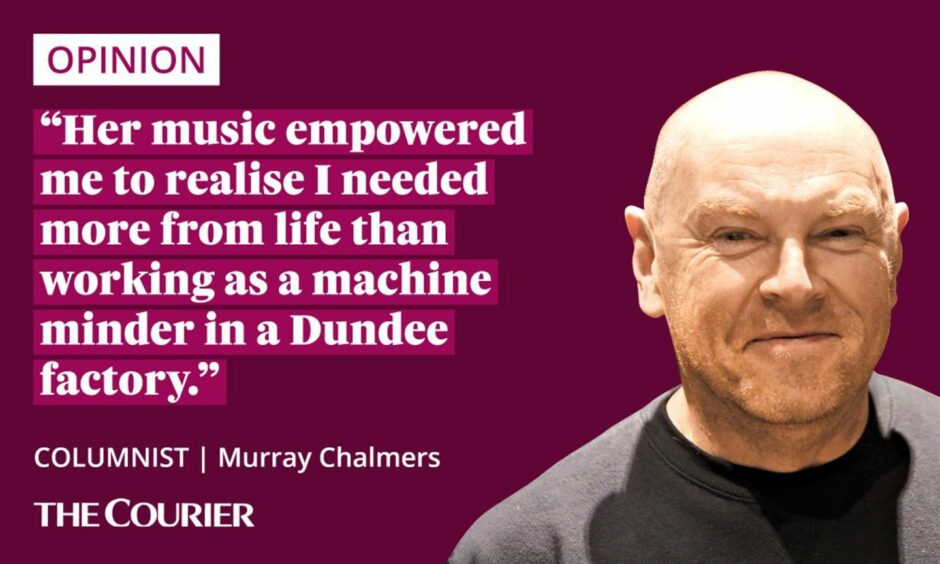
Then, pop music either provided an escape from the drudgery of everyday life or a call to arms to change the world
Now is it just something to download and turn up louder so we can’t hear the world falling apart?
When pop music rocked the world
Blind with mascara and dumb with lipstick, the early 1970’s were a playground where gender and sexuality dissolved in an orgy of high heels, Elnett hairspray and teenage fumbles when the lights went out in council house bedrooms across the UK.
Parents recoiled in horror as their teenage sons trowelled on the Max Factor, strutting the streets like bejazzled bisexual brickies from a building site.
Pop music became something your parents just didn’t understand, a gateway to another world.
It was a confusing period, a time when my friend David caught his mother and her friend Jessie looking at a photo of David Bowie, debating whether this it was a man or a woman.
Eventually David’s mother replied that it was probably a man and she believed this creature to be one of them heterosexuals, a word she pronounced as if she might be arrested merely for thinking it.
“What’s a heterosexual then, Ella?” asked a clearly confused Jessie, at which point Ella lowered her voice and whispered – “well, you know, he likes both…”.
This was cultural shift in action – in this case in a small village in Northumberland – with David Bowie at the crux of it.
Today’s stars stand on the shoulders of giants
Now, 50 years later, sexual fluidity is still evolving. And contemporary artists like Miley Cyrus, Billie Eilish and Harry Styles find themselves negotiating a minefield of codes simply to avoid being typecast as one thing or another.
Fifty years ago, our parents hoped pop’s embracing of ambisexuality was just a phase it would grow out of.
Harry Styles is always willing to take a fashion risk https://t.co/TGuzAw3Mbp
— Vogue Magazine (@voguemagazine) May 23, 2022
This is called the Generation Gap and I’m still all for it.
Happily for me though, something even more shockingly real than heterosexuality in lip-gloss was just around the corner, grooming itself in the wings, patiently backcombing its hair and stoking its disaffection and spite.
That thing was punk. And within a few short years a generation would find itself paying homage to its de facto leader, a woman who would come to represent our rebel constituency so well that she became a star of a new and far more interesting kind.
That woman was Siouxsie Sioux and from the first time I saw her photo in 1976 I was hopelessly entranced.
Siouxsie opened pop music doors
I remain entranced now, when she and I are friends.
Quite simply, Siouxsie changed everything.
I don’t think it’s an exaggeration to say there would have been no Madonna, Lady Gaga or Wet Leg had Siouxsie not kicked down the doors of a hopelessly male-dominated music industry in the late 1970s.
She appeared at a time when women in rock groups were treated as decorative aberrations, objects to be tolerated until the men appeared centre stage to retain the status quo.
Siouxsie redefined the way a woman should behave, both onstage and off.
In doing so she influenced a generation in a way that would probably be unthinkable now.
Every week back then I would cut her photos from the paper, gazing at them as if she might transport me to a brighter world.
Eventually she did.
In 1978 I left Dundee to see two Banshees gigs in England. The effect these shows had on me was so powerful I came back to Dundee, packed my bags and got the next bus to London.
Her music empowered me to realise I needed more from life than working as a machine minder in a Dundee factory.
Out of the limelight, still on the throne
Siouxsie showed that when the going gets tough, the tough dig their spiky heels in and say no.
I never let myself forget that.
She remains Queen today when her global stardom has more in common with a Garbo or a Louise Brooks than someone who merely redefined pop music for a generation.
Her influence is incalculable.
And this Friday I will raise a glass to the real Queen on her 65th birthday – the ice queen at whose feet we were all too happy to melt.
All hail the power of music to change the course of people’s lives.
Murray Chalmers’ business Murray Chalmers PR provides communications for some of the leading names in the music industry, including Kate Bush, Pet Shop Boys and Kylie Minogue.
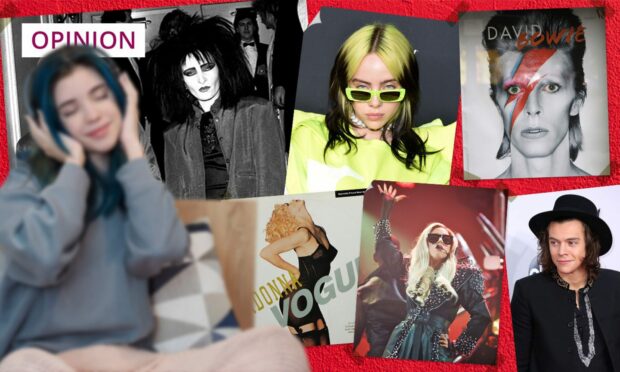
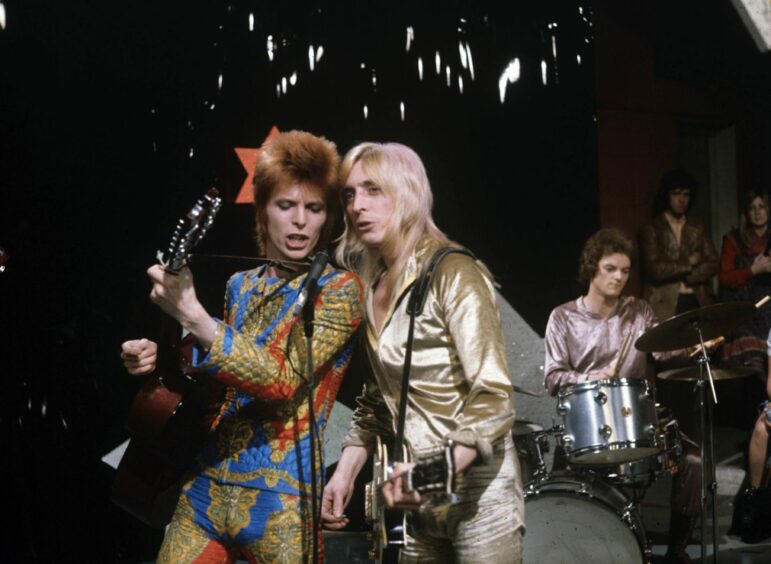
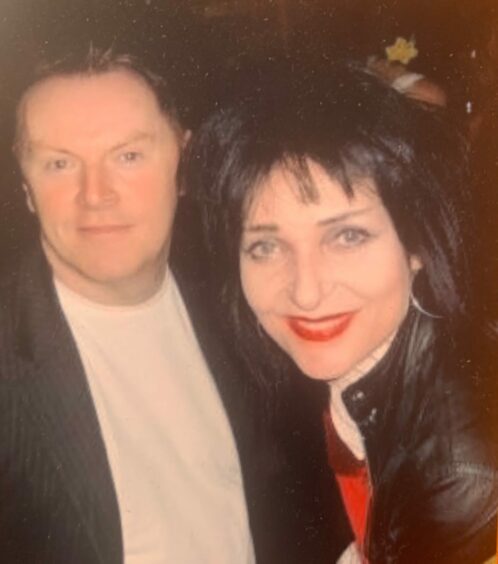
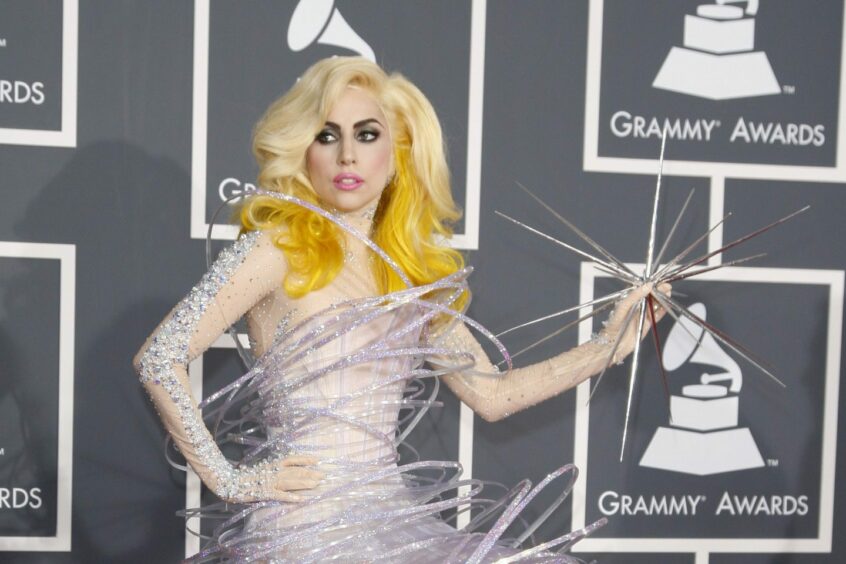


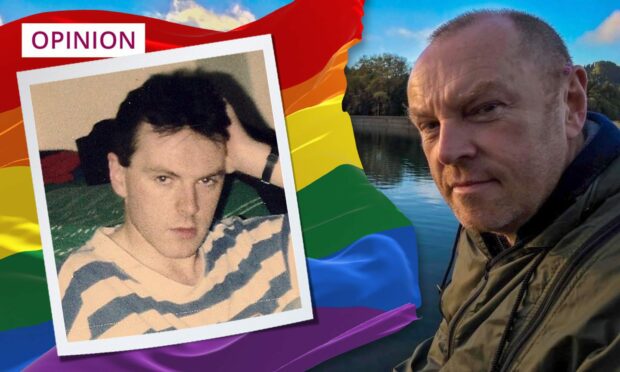
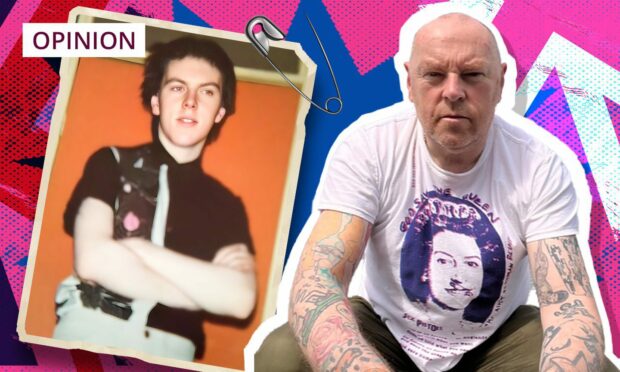
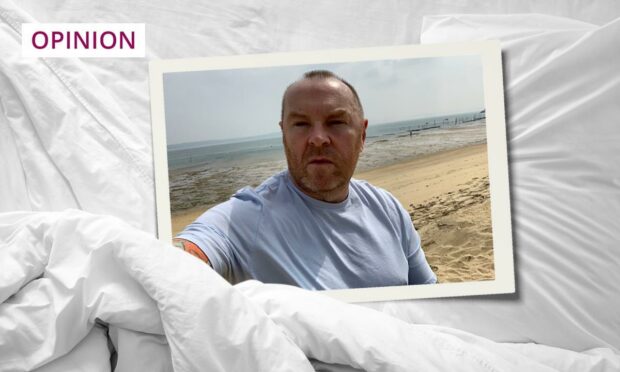










Conversation